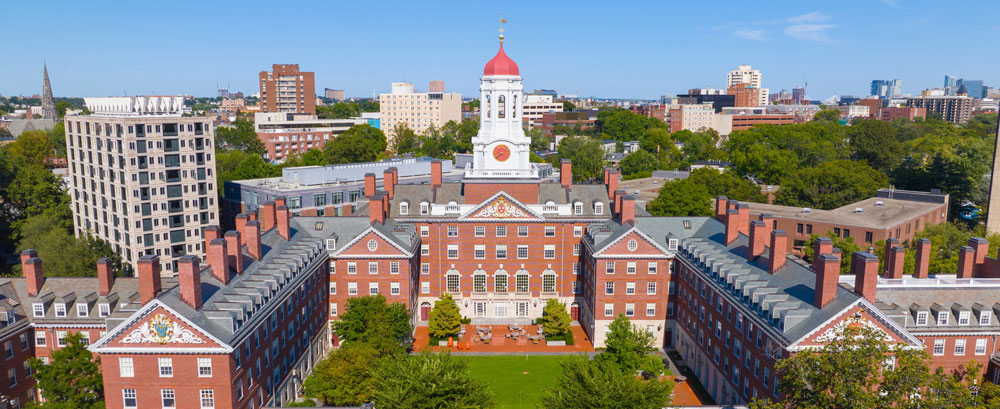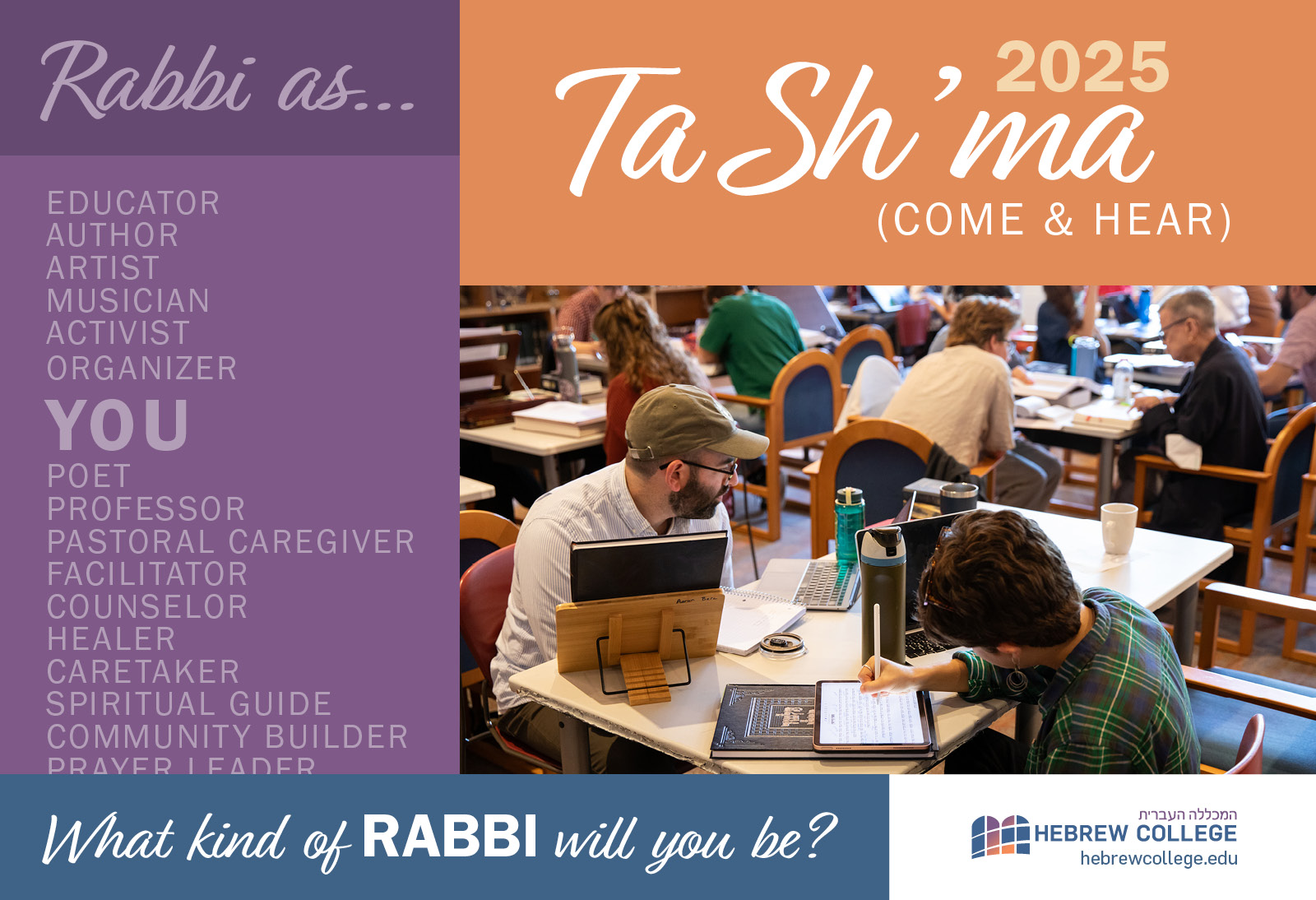News Highlights Navigating Interreligious Dialogue on College Campuses

Over the past year and a half, campus rabbis have navigated the controversy and turmoil roiling college life. Between the rise in antisemitism and post-October 7 protests and strife, the role of campus rabbi can be fraught.
As a response to rising antisemitism and Islamophobia in higher education and across the nation, Interfaith America has created a cohort of 11 universities, each represented by two to three senior administrators, to address religious prejudice from a pluralistic framework. Co-led by Miller Center for Interreligious Learning and Leadership Director Rabbi Or Rose and Dr. Homayra Ziad, Director of the Hassan Institute for Interfaith Encounter at the American Islamic College, this cohort departs from many approaches to this topic in its adoption of pluralism as a primary means of addressing religious prejudice, and in its efforts to address antisemitism and Islamophobia together, with attention to their distinctive trajectories and their historical intersections. Earlier this month, Rabbi Rose also addressed some of these issues at American University, where he spoke at new student orientation.
This commitment to pluralism and relationship-building is also reflected in the efforts of many Hebrew College Rabbinical School alumni working on college campuses across the country, endeavoring to provide pastoral care, opportunities for education and encounter, and other spiritual resources. We reached out to some of these alumni to hear their perspective, wisdom, and insight on navigating this fraught moment.
Rabbi Or Rose
“I feel honored to be working with Interfaith America and with college and university partners like American University to cultivate a culture of pluralism in higher education and beyond. We can do so only through intentional, collaborative, and dignified engagement across difference.” (Rabbi Or Rose, Director of Hebrew College’s Miller Center for Interreligious Learning & Leadership with AU senior Taha Vahanvaty)
Rabbi Getzel Davis `13
“My focus will be on building bridges and cultivating a campus culture where all can engage with curiosity, empathy, and shared understanding across our deepest differences. This mission is profoundly inspired by Hebrew College Rabbinical School’s vision for Jewish pluralism and my wonderful teacher and mentor, Rabbi Or Rose, who first exposed me to many varieties of Jewish meaning-making.” (Rabbi Getzel Davis, Harvard Inaugural Director of Interfaith Engagement)
Rabbi Jordan Braunig `14
“So much of my time is spent helping students navigate uncertainty. I think that they assume that means I am going to help them make their way out of feeling conflicted or ambivalent, but navigating uncertainty often means learning to live with it.” (Jewish Chaplain, Emory University)
Rabbi Aaron Fine `09
“In these complicated times, it’s been a priority of mine to double-down on rooting our community in core Jewish values—compassion, learning, sacred disagreement, pluralism.I am struck that what students often want and need most is simple, but rarer than it should be—joyous community where they can find friendship, role models, and empowerment. (Executive Director of Hillel, UMass Amherst)
Rabbi Lisa Stella`14
“Shabbat is a major source of resiliency. It’s countercultural to rest, to linger, to unplug, however that might look for you. At Michigan, we talk a lot about well-being from a holistic standpoint—spiritual wellness is part of that bigger picture. I want to help students find the ways that Judaism adds value and meaning and purpose to their lives beyond their academic success.” (Senior Rabbi at University of Michigan)
Rabbi Seth Wax`13
“I view my primary responsibility as accompanying and supporting students in their spiritual, emotional, religious, and moral growth. Often, I simply listen to what they have to say and encourage them to explore their feelings in a safe and supportive context. I hope that by providing space for students to get familiar with their inner lives and emotions, they can act in ways that align with their values, rather than the heat of the moment. (Jewish Chaplain at Williams College)
Rabbi Talia Laster`22
“Jewish college students’ stories are so frequently simplified in the media to convey a black and white picture, while their lives are complex and full of color. I try to help them focus on that color in order to validate their own feelings and to help them humanize the headlines more broadly.” (Campus Rabbi for Grinspoon Hillel at Cornell University)
Rabbi Stephanie Max`19
“The challenges facing our students feel more intense, and that makes our responsibility to be present with them at this unique moment in their lives even more important. They still need opportunities to grow, learn, and connect no matter what.” (Executive Director of Texas Hillel)
Meet students and faculty at one of our fall open houses, Ta Sh’ma (Come & Hear) November 18 (in-person) or online (Dec. 8). Learn more and register.
Explore Graduate Programs Professional Development Support Our Work


